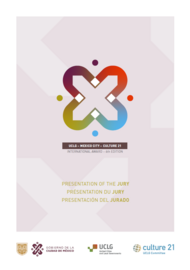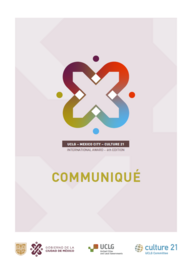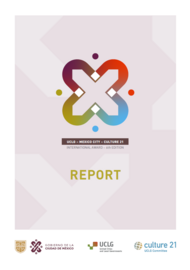The International Award UCLG - Mexico City - Culture 21 recognises cities and individuals who have excelled in the promotion of cultural rights for local sustainable development.
Find here the Rules of the 6th edition of the Award.
The International Award UCLG - Mexico City - Culture 21 recognises cities and individuals who have excelled in the promotion of cultural rights for local sustainable development.
Find here the Rules of the 6th edition of the Award.
In the category "City, Local or regional government", the Jury decided to award Gwanak-Gu (Republic of Korea) with the project "Capital of Youth Culture" and La Paz (Bolivia), with the project "Traditional Medicine Information and Guidance Centres - Qullañ Uta".
GWANAK-GU (REPUBLIC OF KOREA)
“Capital of Youth Culture” aims to actively engage youth in the local community and public policy processes, and to enhance cultural rights of young people who have been socially excluded. With the country’s highest ratio of youth population, Gwanak-gu responds to local challenges such as youth alienation, as well as addressing mental health and suicide in the city. More specifically, this initiative brings young people into a renewed system of collaborative governance in which they can participate in the design and implementation of policies, for example through the Youth Policy Committee or the Youth Network and Public Forum programmes. Gwanak-gu also launched a youth culture project and created many spaces to support the formation of youth communities and artistic initiatives. The Jury identified this project as an excellent initiative addressing a very concrete problem, and highlighted the articulation achieved between policy, place and future, as well as its impacts: increasing the youth employment rate and becoming the area with the second largest population of young artists in the country.
LA PAZ (BOLIVIA)
“‘Traditional Medicine Information and Guidance Centres - Qullañ Uta” is an intercultural health project that intertwines cultures with the care of life. The project seeks to influence the quality of the intercultural health system in the Municipality of La Paz, and promote the incorporation of knowledge and practices of traditional medicine among the population of the Municipality. The "Qullañ Uta" Centres are cultural spaces located in different areas of La Paz that provide information, guidance and care services in traditional medicine. In this endeavour, attention is paid to the use of native languages, as well as to the promotion of intercultural dialogue and training for the exchange of knowledge on traditional medicine with local inhabitants. The Jury highlighted that it constituted an inspiring municipal initiative around indigenous knowledge that rescued traditional medicine, and commended its potential for replicability given its modest budget.
The Jury decided to give special mentions to the following cities:
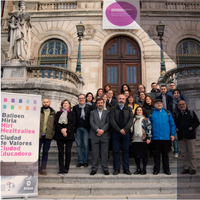
Bilbao (Basque Country, Spain), for “Bilbao Balioen Hiria (BBH) – Bilbao City of Values”. The project has strengthened cultural values as the backbone of sustainable development of the city. The project is very collaborative: it has involved more than 2200 members stakeholders, including institutions, NGOs, companies, the media, political groups and other actors, through analysis, dialogue, reflection and collaboration. It has delivered a local “Bilbao Charter of Values” and it has launched several international actions, too. The participative methodology is an example to be adapted by other cities.

Brazzaville (Republic of the Congo), for “Poto-Poto Cultural Circle”. The project began in former City Hall, a listed national heritage building, which has become the hub of a broad network of urban cultural infrastructures. This project illustrates a long-term proactive cultural policy that serves the needs and expectations of cultural actors, the creativity of the local youth people, the preservation of heritage and the several challenges of local development (diversify the local economy and encourage people to live together). Brazzaville has recently been appointed African Capital of Culture (2024-2025).
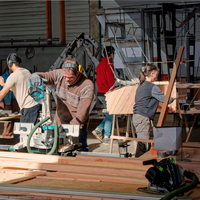
Esch-sur-Alzette (Luxembourg), for “Great dreamers”. This project illustrates how a large cultural event (the ECOC programme, that is, the European Capital of Culture in 2022) can become a vector of inclusion, participation, co-creation and local innovation. The essence of Great Dreamers is the connection between cultural governance and sustainable development, with the continuous involvement of the cultural actors, the neighbors, the commercial fabric, the municipal services, and the vast network of civic urban organizations in shared and sustainable decisions, within the ECoC year, and beyond.
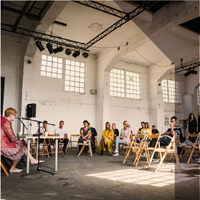
Novi Sad (Republic of Serbia), for “Cultural Policy Regeneration of Urban Heritage through the Culture of Dialogue”. This project is embodied in three heritage areas of the city, the Almash, the Creative District and the Cultural Station Network. It unfolds the long-term cultural policy of the city, written and approved during the planning and implementation of the city's most ambitious cultural endeavor – the European Capital of Culture, 2022. It is based on various participatory techniques (focus groups, forum of culture, divan – dialogue with citizens) to establish new cultural services in the city.
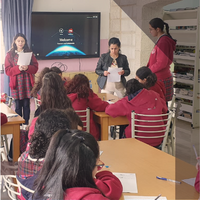
Ramallah (Palestine), for the project “Moving Culture Forward”. The long-term cultural strategy of Ramallah is built on an essential directive of the city which is to contribute to the liberation of Palestine, and emphasizes the ongoing struggle of Palestinians against occupation. Despite the interruption caused by the pandemic in 2020, and the current war, the municipality continued the process of unfolding the cultural strategy of Ramallah, embedding the new realities, emphasizing the role of culture as a tool for resilience and resistance, and spreading out the strategy with cultural practices to maintain social cohesion and collective narratives of all citizens. The engagement of Ramallah in global networks and international partnerships underscores its commitment to seeking support, sharing information, and advocating for solidarity in the face of adversity.
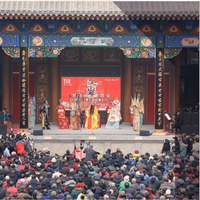
Xi’an (People’s Republic of China), for the project Culture for All Policies”. This project is aimed at achieving the goals of cultural accessibility, cultural dissemination and cultural equity through effective leadership, sustained financial input, extensive advocacy and intensive collaboration among arts practitioners. The project collects and unfolds the main programmes of the city’s cultural policies, with major efforts made to enhance cultural accessibility by building neighbourhood libraries in various public spaces, building small museums at important metro stations and promoting collaboration among various theatres in planning and presenting free performances, among many other specific examples.
The Jury decided to award Milena Dragićević Šešić and Alfons Martinell Sempere.
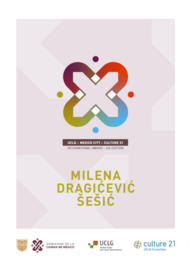
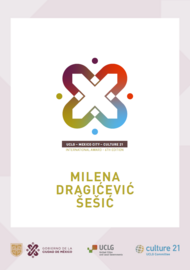
MILENA DRAGIĆEVIĆ ŠEŠIĆ
Professor Emerita of the Faculty of Performing Arts (University of the Arts of Belgrade), former Rector of the University of Arts (Belgrade), and founding director of the UNESCO Chair in Cultural Policy and Management - Interculturalism and Mediation in the Balkans (2004-2019). Milena has an impressive career as professor of Cultural Policy & Cultural Management, Cultural Studies and Media Studies. As an expert in cultural policy and management, Milena has been involved in more than 50 projects, and has participated in numerous public art projects and radical cultural projects and programmes in Europe and in the Balkans as a civil society activist. As an academic and activist, throughout her career, Milena has contributed to training, raising awareness and advocating for cultural policies as a core component in the building of democratic societies. While originally from Eastern Europe, her engagement has been visible across Europe, the Middle East and North Africa and Asia, developing strong networks of collaboration at the international level. Among other positions, she has been the President of the Cultural Policy Research Award (European Cultural Foundation, Amsterdam); the President and current Member of the Board of the European Diploma in Cultural Project Management (Association Marcel Hicter, Brussels), and has been a Board Member of ENCATC and ELIA.
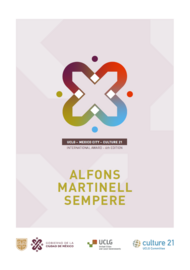
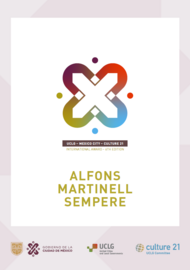
ALFONS MARTINELL SEMPERE
Professor at the University of Girona (Catalonia, Spain), and co-director of the Pau Casals UNESCO Chair (on music and promotion of Peace and Human Rights). He was the founding director of the UNESCO Chair on Cultural Policies and Cooperation at the University of Girona (2000 - 2014) and also the founding President of the Interarts Foundation (1995), in an initiative shared with Eduard Delgado and Eduard Miralles. In 2004-2008, Alfons served as Director General of Cultural and Scientific Relations of the Spanish Agency for International Cooperation (AECID) and he was key in the launch and implementation of the "Culture and Development" Window of the UNDP Millennium Goals’ Achievement Fund. Alfons is one of the global leading experts in the field of Cultural Policies, Cultural Management, Cultural Cooperation and Development. He has taught in universities in Spain, Europe, Latin America and Africa, and has given a founding footprint to many academic and civil-society led initiatives in these fields. He has also contributed to the training of hundreds of cultural managers, officials and officers, as well as through countless publications, conferences and research projects, to a better (and action-oriented) understanding of the relationship between culture and sustainable development. He has also addressed, in recent years, the relationship between culture and the SDGs and how to strengthen this connection with a standalone Culture Goal.
The award will recognise an original policy, programme or project that explicitly includes the principles of Agenda 21 for culture. The action awarded should count on, at least, two years of execution and have documented proof of the impact and the successes achieved.
A city, local or regional government will only be able to present one bid.
87 participated to this edition of the Award:
The Jury of the International Award UCLG - Mexico City - Culture 21 is made up of the following five members, all of whom are prestigious international experts with impeccable trajectories in the cultural field.
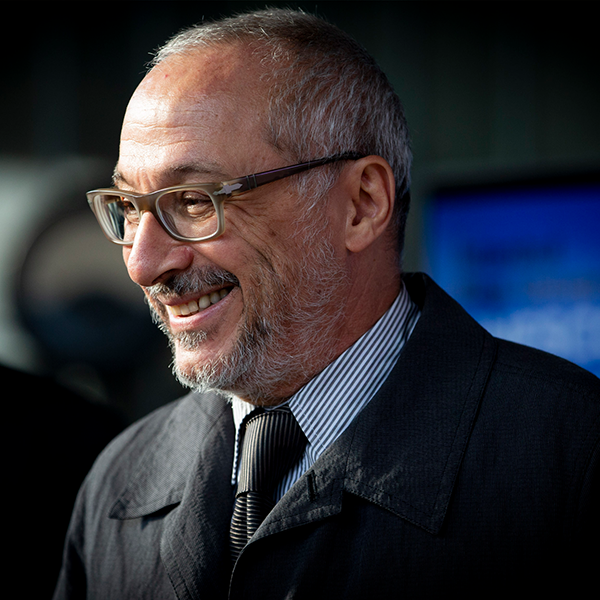
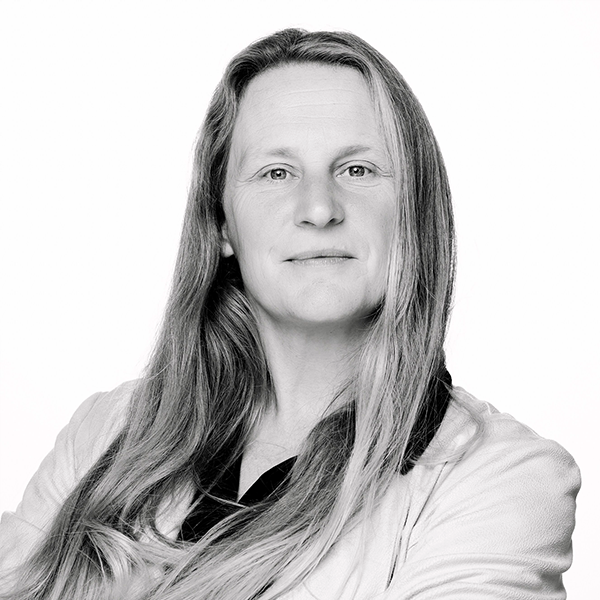
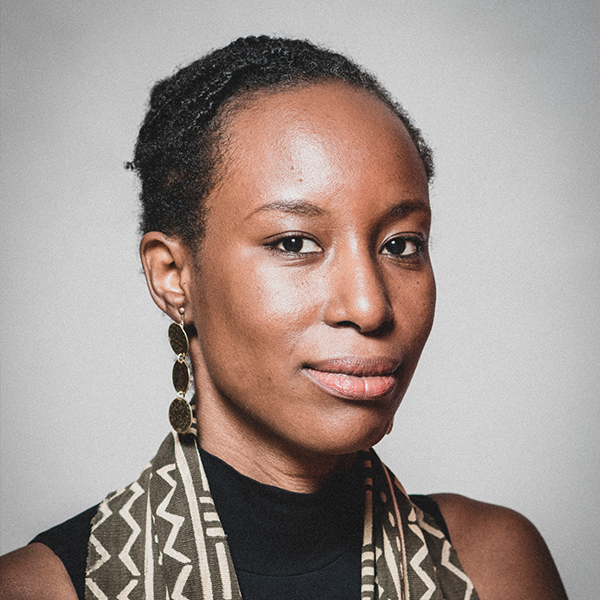


See below the document of presentation of the International Jury of the 6th edition of the Award.
